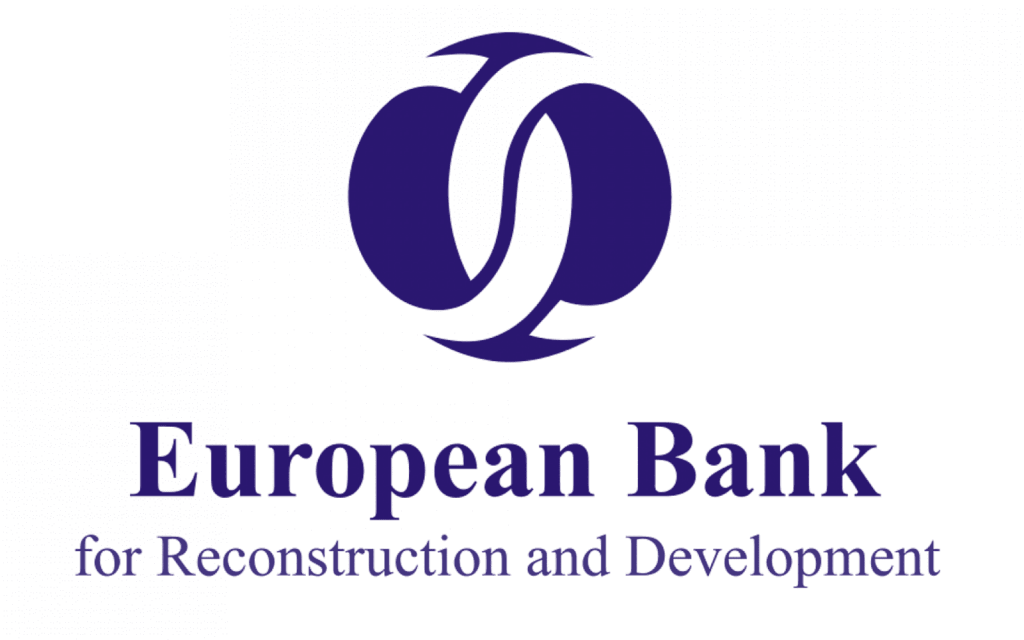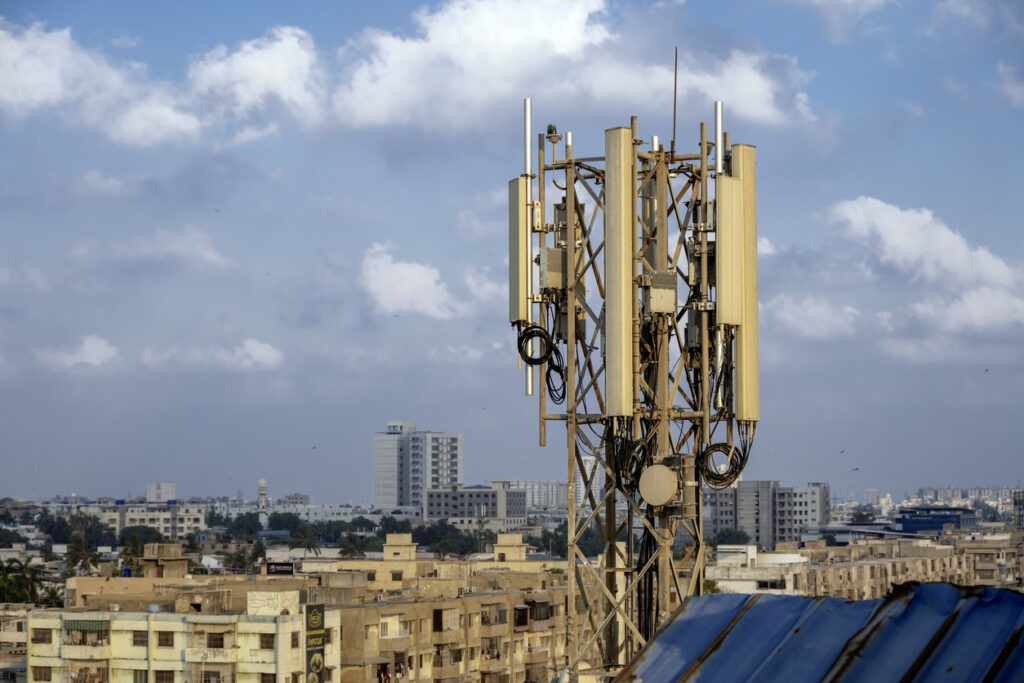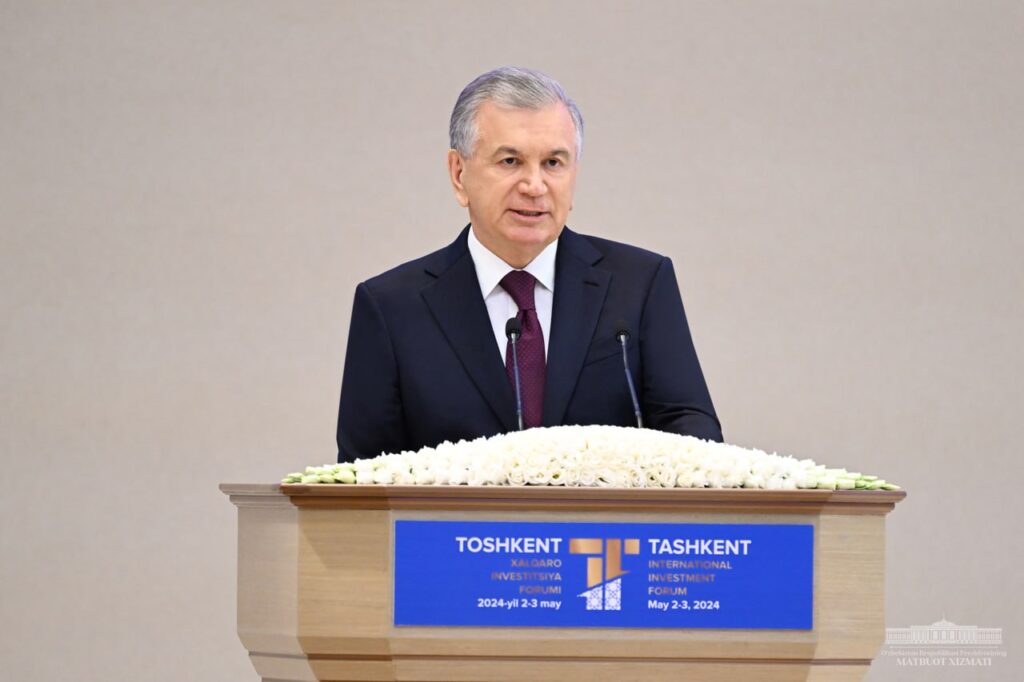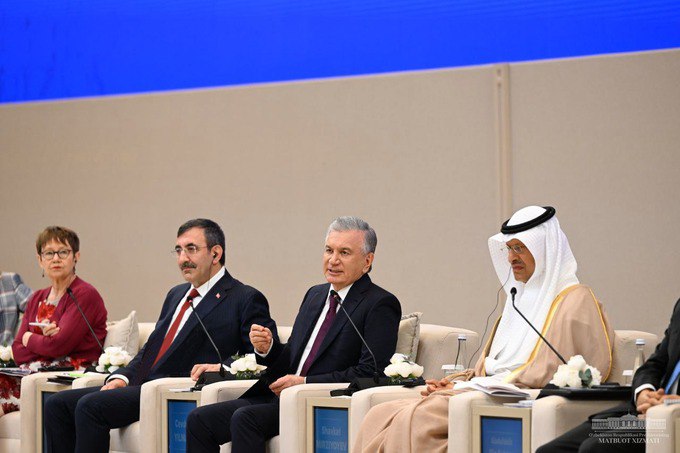Turkmenistan Ousts Uzbekistan from Tajikistan’s Market for Greenhouse Tomatoes
Turkmenistan has completely overtaken Uzbekistan in the market for greenhouse tomatoes in Tajikistan, according to a report by the EastFruit agricultural news portal. Analysis revealed that Turkmen tomatoes are winning due to competitive pricing and also, their attractive appearance and modern packaging. Despite problems related to the cultivation of tomatoes grown in Tajikistan's greenhouses this season, the price has remained at a record low for this time of the year. The average wholesale price for one kg is currently just $1.46 -- and further price reductions are expected in the near future, notes EastFruit. In Tajikistan, which currently imports the majority of greenhouse tomatoes it consumes, the wholesale price is significantly lower ($1.9 per kg) than in Uzbekistan, which is still the main regional exporter. The EastFruit portal notes that today, greenhouse tomato prices in Central Asian countries are not much lower than in Eastern European countries. It also reports that further development of energy-efficient greenhouse technologies will allow countries with colder climates to remain relatively highly competitive and moreover, local consumers are generally willing to pay more for the fresh taste of greenhouse-grown vegetables.








